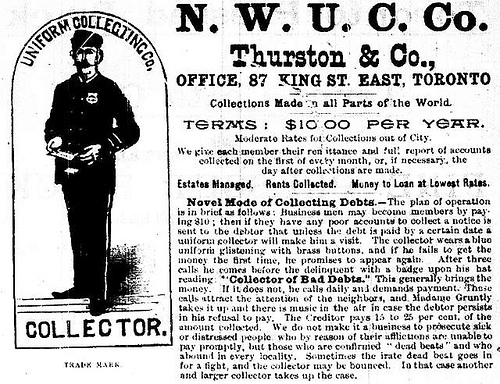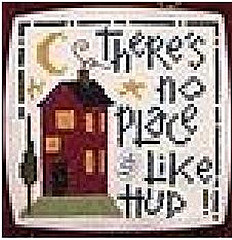Mortgage loan brokers have a duty to mitigate the risk of possible loan fraud in California. The extent that title insurance would do this is a topic for another day, but brokers routinely arrange for title insurance for their lenders. Another protection against fraud is to have signatures notarized; at least the person signing has proven their identity. In a perfect storm for one mortgage Broker, it was the notary committing the fraud, and the trial court judge would not let them submit evidence that they got title insurance to help protect the lender against such acts. The judge claimed that the collateral source rule required the evidence be kept out. With this evidence barred, the Lender hammered the jury with claims that the Broker was negligent and breached its fiduciary duty, and the jury agreed. The appellate court did not.
 In Bryan Chanda V. Federal Home Loans Corporation, Chanda was a money lender and Federal was a private mortgage broker. Barker was the office manager for the owner of a commercial building in El Centro. Barker was also a Notary Public. Barker contacted Federal requesting an equity loan of $165,000 on behalf of the owners of the building. Federal’s loan officer wanted to arrange to meet with the owners so that they could sign the note and deed of trust, but Barker said one of the owners was not available. But, she would be happy to take the documents and get their notarized signatures. Barker then forged the signatures, and notarized them. Sacramento real estate trial attorneys rarely see fraudulent notarizations, but when they do, the notary is usually long gone.
In Bryan Chanda V. Federal Home Loans Corporation, Chanda was a money lender and Federal was a private mortgage broker. Barker was the office manager for the owner of a commercial building in El Centro. Barker was also a Notary Public. Barker contacted Federal requesting an equity loan of $165,000 on behalf of the owners of the building. Federal’s loan officer wanted to arrange to meet with the owners so that they could sign the note and deed of trust, but Barker said one of the owners was not available. But, she would be happy to take the documents and get their notarized signatures. Barker then forged the signatures, and notarized them. Sacramento real estate trial attorneys rarely see fraudulent notarizations, but when they do, the notary is usually long gone.
Six months later, Barker asked for a larger replacement loan of $480,000. She again forged and notarized the signatures. The property owners learned about the fraud (no indication whether or not Barker had skipped town yet), and sued everyone. A forged deed of trust is not effective (though they can win out over unclean hands). The lender cross-complained against everyone, including Federal for negligence and breach of fiduciary duty. All parties and claims settled, except the lender’s claims against the Broker.
 California Real Estate Lawyers Blog
California Real Estate Lawyers Blog


 In
In  Some Contract defaults that may trigger acceleration
Some Contract defaults that may trigger acceleration In
In  In
In  In
In  In
In  In
In  “Judicial notice” is the court’s recognition of the existence of a matter of law or fact without the necessity of formal proof. It can be described as a substitute for (formal) proof, a judicial shortcut, doing away with the formal necessity for evidence. Judicial notice is limited to matters which are indisputably true. A request for judicial notice can be defeated by showing the matter is reasonably subject to dispute. In California state court, Judicial Notice is limited by the
“Judicial notice” is the court’s recognition of the existence of a matter of law or fact without the necessity of formal proof. It can be described as a substitute for (formal) proof, a judicial shortcut, doing away with the formal necessity for evidence. Judicial notice is limited to matters which are indisputably true. A request for judicial notice can be defeated by showing the matter is reasonably subject to dispute. In California state court, Judicial Notice is limited by the